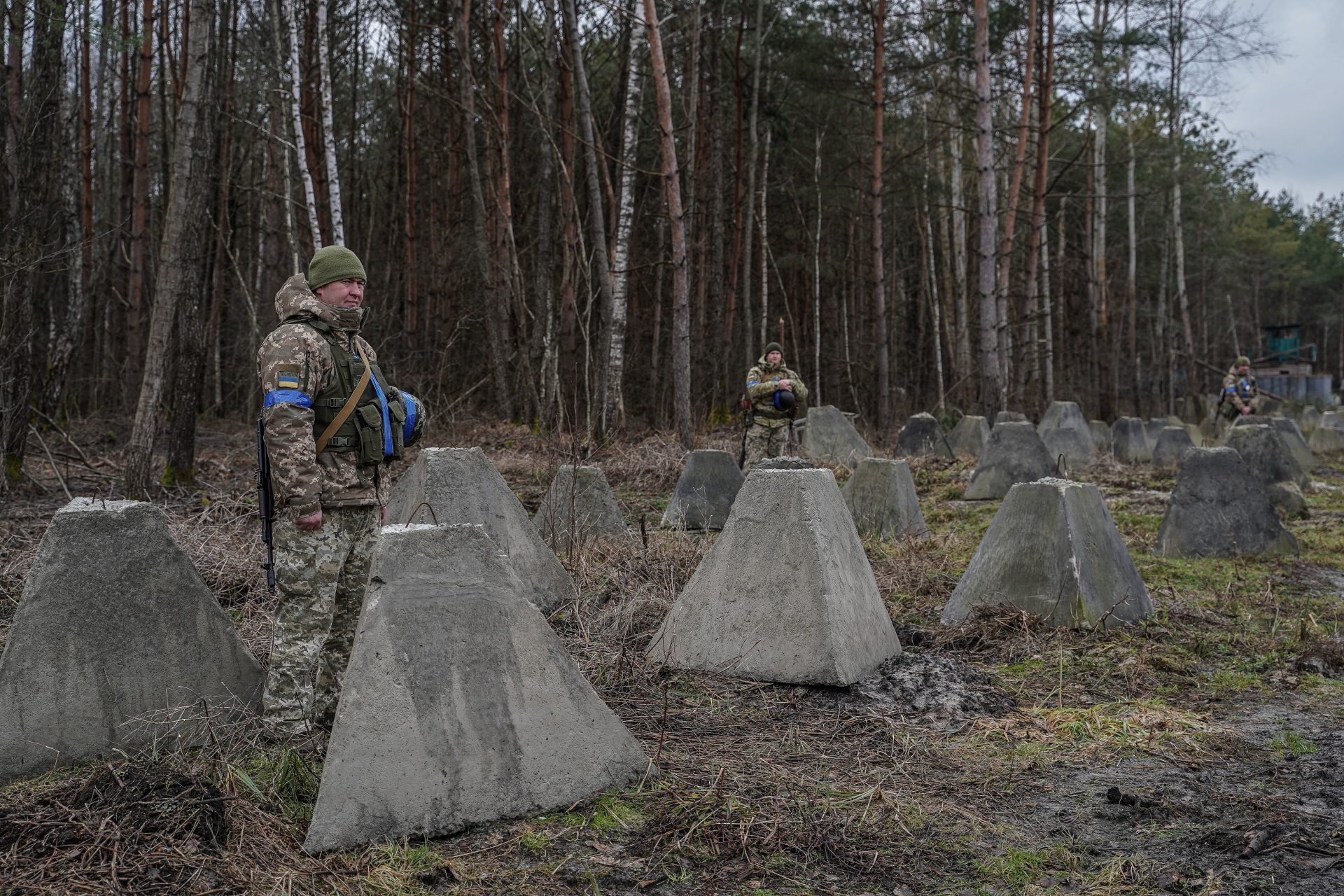Greener animal fat biofuels could be doing more harm than good
You probably didn’t know that the fat from animals like pigs and cattle has been used to create greener fuel for the airline industry. But growing demand for this new fuel could create more problems than it solves as companies look to curb their carbon emissions.
Animal fats have always been considered a waste product and that’s why airlines have turned to the fuel to help power their fleets. The biofuel made from dead pigs can help reduce their carbon footprints at a time when industry emissions are under scrutiny.
However, growing demand for animal biofuels has been steadily rising since 2006 and it will only continue to increase well into the future according to research from a group in Brussels that has been investigating how rendered animal fats could affect transport.
Transport & Environment is a clean transportation campaign group dedicated to a future with zero-emission mobility according to their website and has helped uncover some of the biggest climate scandals of the decade, like Deisegate, and has worked to enact policy changes in Europe.
Now the group is setting its sights on the airline industry and has revealed not only the true cost of animal biofuels in air travel but also estimated the likely future of alternative jet fuels as the demand for greener options forces companies to get creative.
“Use of animal fat biodiesel has doubled in the past decade and is 40 times higher than it was in 2006,” Transport & Environment wrote in a post on its website breaking down the data from a study they commissioned from alternative fuel consultants Cerulogy.
“However, there is not enough to go around,” the environmental group continued, adding that “nearly half of all European animal fats already go into biodiesel, despite being used extensively in the pet food, soaps, and cosmetics industries.”
Demand for animal-fat-based biofuels is expected to triple by 2030 based on Transport & Environment research and this could ultimately spell bad news for the world as they said it would be nearly impossible for companies to meet their needs sustainably.
"There's not a never-ending supply of animals or animal fat," Transport & Environment Policy Manager Matt Smith said according to BBC News.
"So if you put on a massive extra demand source from anywhere from aviation, in this case, the industries where fat is currently being used, will have to look for alternatives,” Smith warned, and it is these alternatives that could cause a lot of damage to the world.
An increase in palm oil production and its use is the likely alternative that Smith said would be utilized and noted that airlines would be indirectly responsible for increasing its use across several industries.
Palm oil has been linked to rising global emissions because of the way its production clears older forests that contain vast amounts of stored carbon according to BBC News.
Transport & Environment estimated that just one flight between Paris to New York would require the fat from at least 8800 dead pigs in order to fuel the entire trip, something that just it said would force other users of animal fats to pursue less sustainable options.
“The competing uses for animal fats lay bare the challenge of scaling up waste biofuels production. Animal fats don’t grow on trees,” said Policy Officer Barbara Smailagi.
“Pet food suppliers, for example, will now have to reduce the sustainability of their products by using palm oil instead… this also increases the risk of fraud. The potential mislabelling of animal fats suggests fraud could be taking place on an industrial scale,” Smailagic added.
With such high stakes, it's no wonder Transport & Environment are sounding the alarm on the airline industry’s use of animal fats in their biofuel. But will governments listen? The push to greener fuels for all the right reasons might end up being a bad one.
Only time will tell if policy solutions can reign in runaway demand for animal fat fuels in the airline industry, and as Barabara Smailagic noted, we really do need greater transparency so consumers like you know what’s going into their next flight abroad.
More for you
Top Stories






























